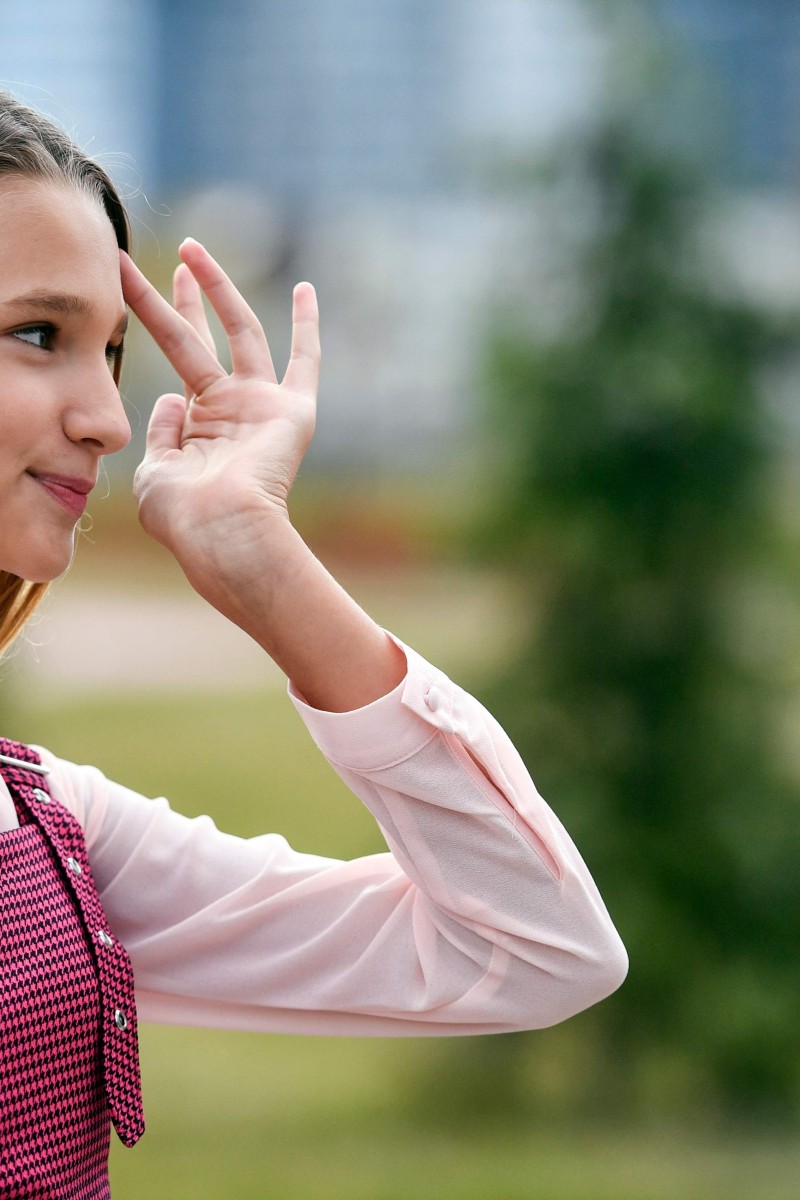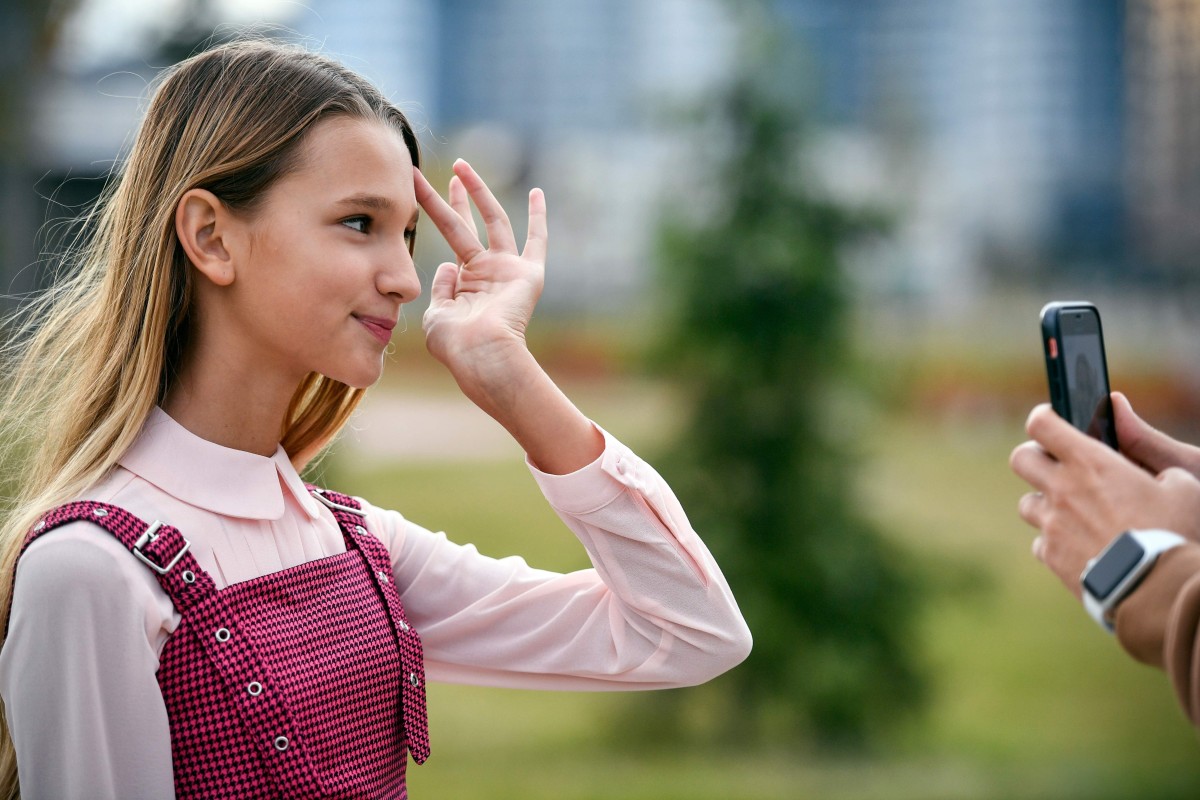
Video stars: Russian child influencers score millions of fans on Instagram
Social media platforms might soon make ‘likes’ hidden, which could affect young bloggers like Liza Anokhina, but that won’t stop her from posting
 Twelve-year-old Liza Anokhina is one of Russia’s most popular child bloggers, with a massive 2.3 million followers on Instagram. It’s almost a full-time job: Liza admits that she uses her phone eight hours a day.
Twelve-year-old Liza Anokhina is one of Russia’s most popular child bloggers, with a massive 2.3 million followers on Instagram. It’s almost a full-time job: Liza admits that she uses her phone eight hours a day. Liza Anokhina was 11 when people started recognising her in the street. Now a year older, she is one of Russia’s most popular young bloggers, with 2.3 million followers on Instagram.
In a Moscow park, her producer jogs backwards, using his phone to film as Liza runs and blows raspberries.
“We’ve done [Instagram] stories, now we’ll do TikTok,” producer Ivan Bushmelev, 25, tells her, referring to her main social media platform.
Russia counts some 40 million Instagram users, behind only Indonesia, India, Brazil and the United States, according to data company Statista.
And the photo-sharing platform is, as in other countries in Europe, particularly popular among children, analysts say.
Instagram and other platforms have spawned a generation of young “influencers”, leading to concerns that parents might use their children to earn money.
A psychologist's expert tips on how to have a healthier relationship with social media
Another risk is that the desire to get more “likes” may be psychologically damaging for young people.
Such concerns have forced social media companies themselves to react, with YouTube and Instagram moving to make such blogs less attractive to advertisers, and to make “likes” invisible to users other than the creators.
Yet many Russian parents encourage their children to blog, and even send them to classes to improve their skills.
The youngest child bloggers unwrap toys or sweets. Older ones like Liza speak on camera and film sketches. They earn from adverts and by promoting products, as brands value their connection with other peers.
The clips on her Instagram account @anokhina_elizabeth_2007 are very polished, with fancy visual effects and music.
When asked how her earnings have affected her family, Liza said, “It has changed our life for the better.”
Revealing few details, she adds, “I prefer to keep the topic of my earnings a secret.”
Liza says she will continue to create content, even as social media platforms prepare to bring in changes that could affect her channels.
Talking Points: Should cyberbullying be treated as a crime?
To combat cyberbullying, Instagram is experimenting with hiding the number of “likes” on others’ posts. And from next year YouTube will ban targeted ads in videos aimed at children.
Liza’s producer says the potential Instagram changes will be a problem because of viewers’ habits. “They’re used to seeing numbers."
“Not just viewers but advertisers, too,” he added.
Fans, both girls and boys, come up to take selfies with Liza often.
Hong Kong Instagram account SurrealHK shows the city in a whole new light
“She speaks well, she’s clever, she makes interesting videos,” says Natalya Usacheva, 12, while Veronika Kosynkina, also 12, says she wants “to dress just as stylishly” as Liza.
For Moscow-based child psychologist Viktoria Karavayeva, top child bloggers, just like school sports stars, could develop “dependence on popularity – that is, likes, comments, people talking about them.”
She added that this could lead to them becoming dependent on the approval of others, and focus only on this.
While it is normal for teenagers to want to be admired by their peers, those who are “very sensitive to comparisons and outside judgement” may come to crave online likes, Karavayeva said.
